Neurodivergence is a term used to describe differences in how people feel, think, and perceive the environment. It includes a broad spectrum of neurological disorders, such as autism, Tourette syndrome, ADHD, Down syndrome and dyslexia.
Recognising the diverse needs of neurodivergent patients, the Hospital have developed some training materials for staff and those working in Healthcare on Autism.
The Hospital has also published a podcast series on Down syndrome, the five part series looks at what Down syndrome is, common health issues and the importance of health screening from the age of 35.
Autism
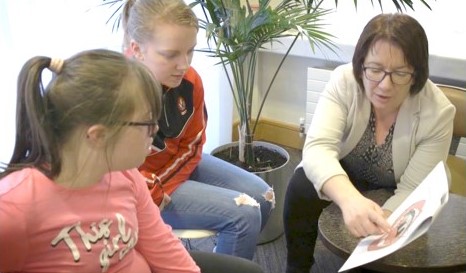
Produced in conjunction with
AsIAm, this educational eLearning programme provides evidence based knowledge about autism for healthcare professionals interacting with autistic children and adults in an acute hospital setting. Autistic patients attending the adult services at TUH will now benefit from improved accommodation of their specific needs, a more knowledgeable workforce and a calmer hospital experience. The education programme was produced with the support of TUH and the Nursing and Midwifery Planning and Development Unit in the HSE. It is 40 minutes long and is available to healthcare professionals through HSELand (the health service’s online development portal). You can watch a brief extract via this
linkOur Emergency Department has implemented innovative strategies to support the patient experience. Central to this initiative is the development of comprehensive guidelines for staff, equipping them with the necessary tools to effectively communicate with patients who identify as neurodivergent. These guidelines encompass a range of communication strategies tailored to individual needs, fostering a supportive and understanding environment from the moment patients enter the ED.
The Hospital is steadfast in its commitment to advancing neurodiversity-friendly practices. By prioritising education, training, and ongoing evaluation, the Hospital aims to continually refine its approach and ensure that every patient receives the compassionate and inclusive care they deserve. One significant step taken by the ED is the establishment of a dedicated sensory room. Sensory challenges, such as sensitivity to light and noise, can exacerbate stress and anxiety for neurodivergent individuals in busy ED environments. The sensory room provides a calming space, offering a respite from overwhelming stimuli and promoting relaxation. This innovative approach not only demonstrates a commitment to accommodating diverse sensory needs but also underscores the Hospital's dedication to enhancing the overall patient experience. You can read more about it here.
Down Syndrome
Each episode of the Let’s Talk About Down Syndrome series is targeted at individuals with Down syndrome, their families and carers, health and social care staff and anybody who has an interest in the health needs of adults with Down syndrome in Ireland. The series is hosted by Geraldine Kyle, a registered nurse tutor in TUH and mother of a young adult with Down syndrome.
Episode #1
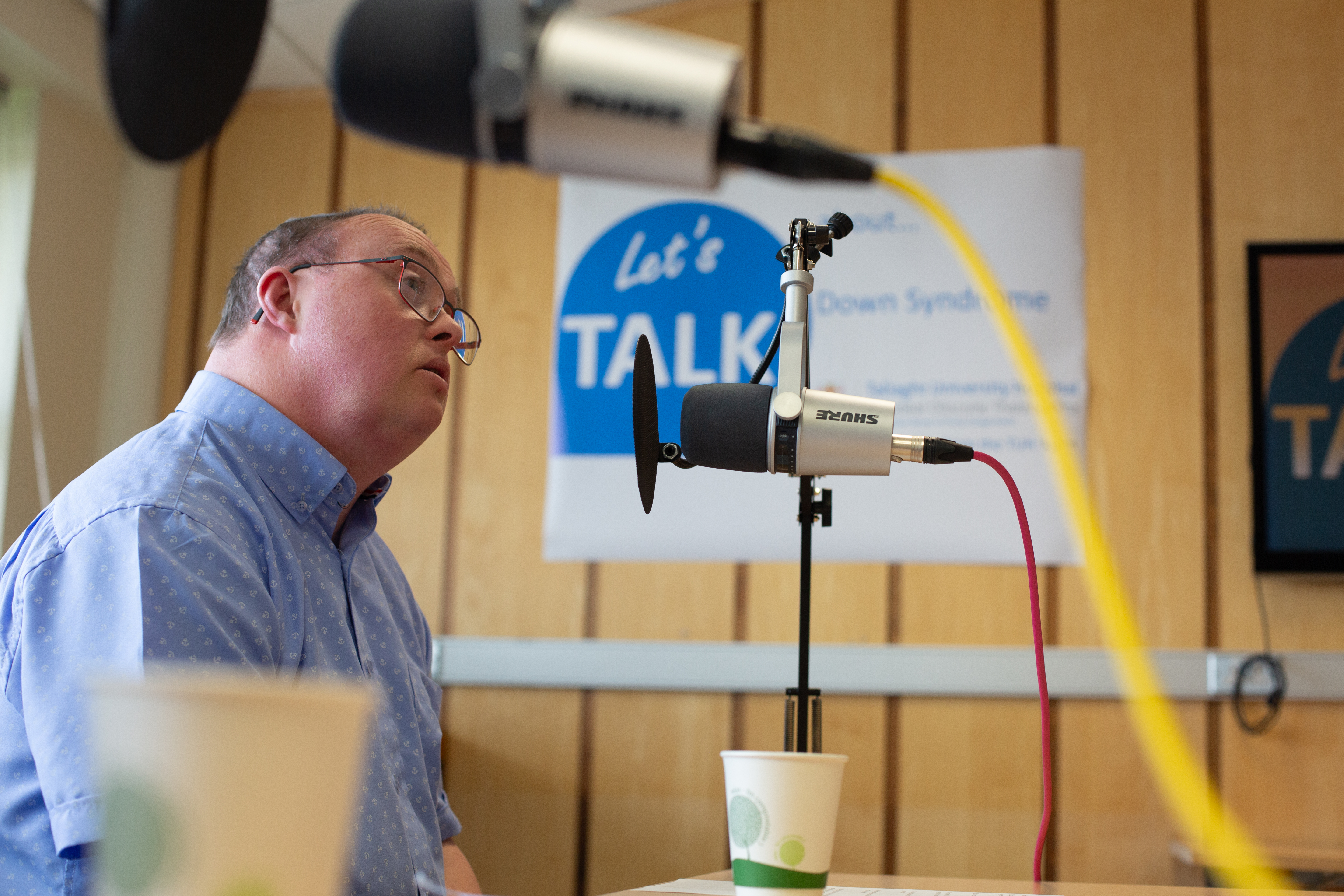
Nicola Hart, National Research & Support Specialist of Down syndrome Ireland and Ross O’Neill, Junior Administrator in Down syndrome Ireland speak to Geraldine and share valuable insights about the lived experience of someone living with Down syndrome and important communication strategies that healthcare staff should be aware of.
Transcript for the episode is located
at this link
Check out the information and resources available at Down syndrome Ireland (DSI) at www.downsyndrome.ie
Which also has information for healthcare professionals in supporting adults with Down syndrome in hospital.
Episode #2
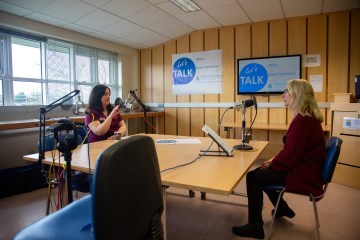
Episode #3
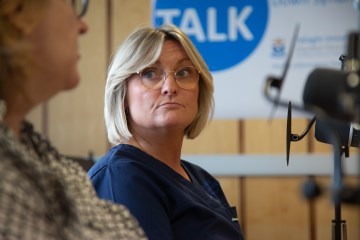
Fran Kane, a member of the TUH Patient Community Advisory Council and a mother of a young adult with Down syndrome and Suzanne Kennedy, Acute Intellectual Disability Liaison Nurse in TUH discuss some of the important issues that face people with Down syndrome accessing hospital services. They stress the importance of effective communication and how helpful the HSE Health Passport can be in the healthcare journey in hospital.
Transcript for the episode is located
at this link
Check out information about the HSE Health Passport A free App version can be downloaded to your smart phone from wherever you get your Apps.
TUH Easy Read Resources
Episode #4
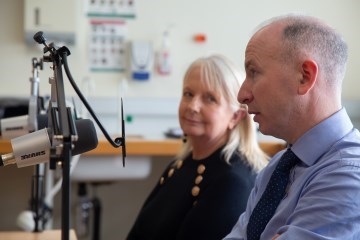
Professor Seán Kennelly, Consultant Geriatrician & Clinical Director of the National Intellectual Disability Memory Service and his colleague Evelyn Reilly, Advanced Nurse Practitioner in the National Intellectual Disability Memory Service join Geraldine to discuss the relationship with dementia and Down syndrome and its prevalence. They also talk about what people should be aware of when considering the risks of dementia in people with Down syndrome, very practical advice on how to mind the brain as people with Down syndrome age.
Transcript for the episode is located
at this link
Read more about the
Memory Clinic in TUH
Read more about
Delirium
Read more about
Horizon 21Episode #5
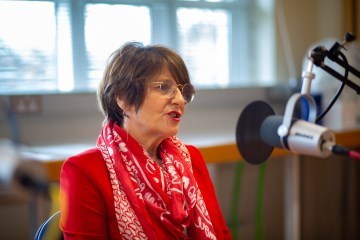
Professor of Ageing & Intellectual Disability at Trinity College Dublin Mary McCarron discusses with podcast host Geraldine Kyle the results of the Intellectual Disability Supplement to the Irish Longitudinal Comparative Study on Ageing. In this final episode she shares her thoughts on important ways that healthcare staff can support the health needs of people with Intellectual Disability including Down syndrome.